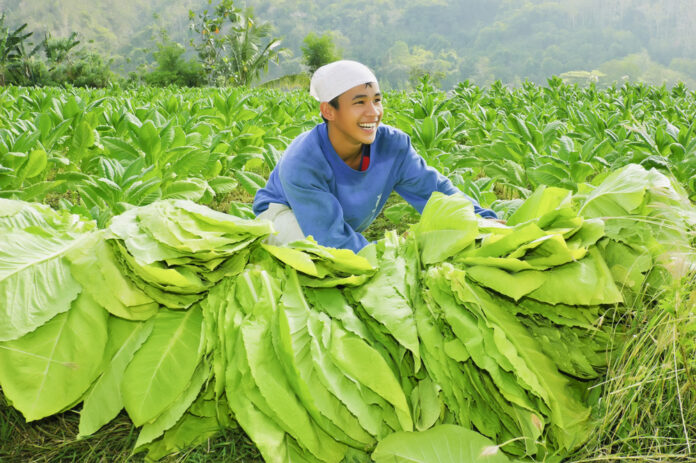Changing consumption patterns and smuggling have set the collective teeth of the Philippine Tobacco Growers Association (PTGA) and the National Federation of Tobacco Farmers Association and Cooperatives (NAFTAC) on edge, who now urge the national government to enforce strictly the Vaporized Nicotine and Non-Nicotine Products Regulation Act.
At the core of their discomfort are the proliferation of illegally sold and disposable vapes that threaten the livelihood of tobacco producers and their dependents.
Saturnino Distor, PTGA president, said tobacco farmers are suffering from the proliferation of illicit cigarettes which has sharply reduced demand for locally grown tobacco leaf of domestic manufacturers.
Distor said the illegally shipped vape products also endanger the livelihood of thousands of Filipinos families who rely on the tobacco industry for sustenance since they wreak havoc on the tax-paying domestic cigarette manufacturers as well.
Some 2.2 million Filipinos directly benefit from tobacco, including more than 430,000 farmers, farm workers and their families, Distor said citing data from the National Tobacco Administration.
“Unlike heated tobacco sticks, vapes do not contain dried tobacco leaves and do not benefit tobacco farmers. Illegal vapes only benefit smugglers and crooked retailers since they don’t even pay taxes. We need the help of government to stop this ‘vapedemic’ and save the local tobacco industry,” Distor said.
Bernard Vicente, NAFTAC chairman, said the Vape Bill regulating cigarette alternatives as vapes and heated tobacco products and promoting the use of local tobacco “is now being abused by unscrupulous businessmen who are blatantly smuggling and distributing illegal vapes.”
He further said the illicitly sold vapes are ruining tobacco farmer livelihood as demand for locally produced tobacco leaf drops and consumers switch to vapes instead.
The NAFTAC chairman pointed out these activities cuts sharply into the subsidy support extended to local government units in tobacco-producing regions who receive a share of the tobacco excise tax.
Forty percent of excise tax collection supports the activities of the Philippine Health Insurance Corp. and 10 percent more help fund the operations of the Department of Health. The balance helps fund the national budget and tobacco-producing provinces.
Both the PTGA and NAFTAC said over 50,000 members worry over P1.6 billion worth of illegally imported Flava vape pods seized by the Bureau of Customs in Valenzuela City late last year.
In public hearings led by Rep. Joey Salceda of the ways and means committee of the House of Representatives, Flava Corp., a registered manufacturer of vape products with the Bureau of Internal Revenue (BIR), was found operating a manufacturing concern from a two-story residential building.
Salceda estimated the government lost P5 billion in excise taxes annually due to illegal e-cigarettes over and above the estimated P60 billion more lost to smuggled cigarettes.
Stakeholders said the continued drop in excise tax collection may be traced to the rise in smuggling and distribution of illegal cigarettes and vapes.
From a record collection of P176 billion in 2021, tobacco excise tax collection fell for the first time to only P160 billion in 2022.
In 2023, the BIR reported a 16 percent drop in such collection to P135 billion, well below the P170 billion target for the year.







